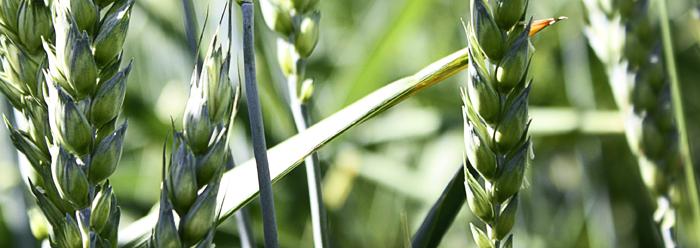
Lack of sustainable protein
As a consequence of the still rising demand for animal protein feed, the production of soy protein in South America is taking up still larger areas of land. The consequence is a clearing of rainforest resulting in considerable CO2 emissions.
Denmark has a large soybean import from South America and is hence facing a large challenge in bringing down the CO2 emissions from this import.
The import of soybean cake for Denmark’s feed consumption is about 1.5 mill. tons a year.
The Danish green think tank Concito has calculated that the CO2 emissions from imported Brazilian soybean cake are about 3.8 kg per kg of soy.
This means that the 1.5 mill. tons import results in emissions of about 5.7 mill. tons of CO2e. This corresponds to the collected fuel consumption of all Danish private cars.
Danish produced protein
Concito concludes that it is possible, through a fermentation of Danish protein crops, like feed wheat, to produce high-quality protein, which can completely replace imported soybean protein.
This means that biorefineries like Hveiti can produce wheat protein, which can replace Denmark’s soybean import.
Follow the developments within biorefining. hveiti regularly informs about our efforts to improve the environment.




